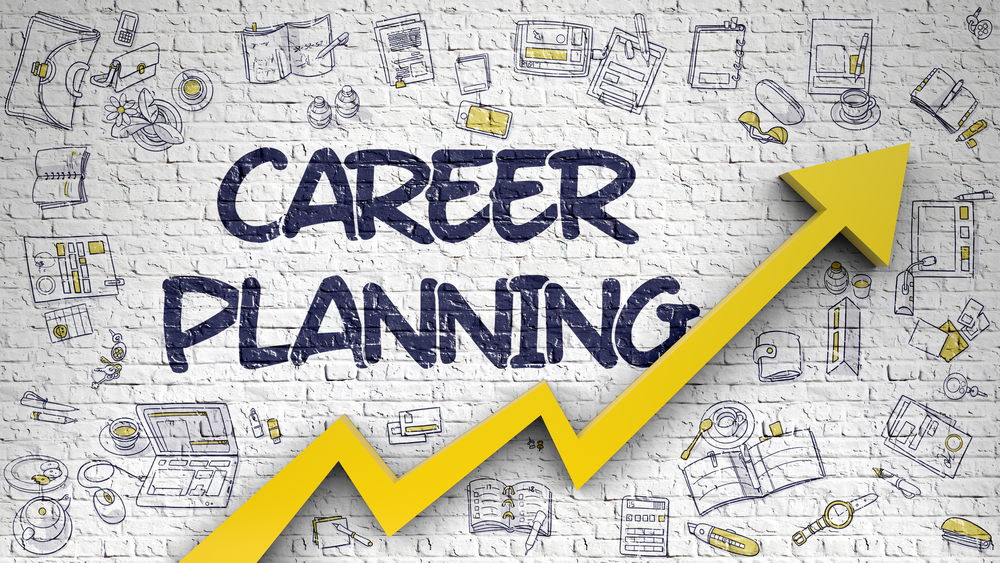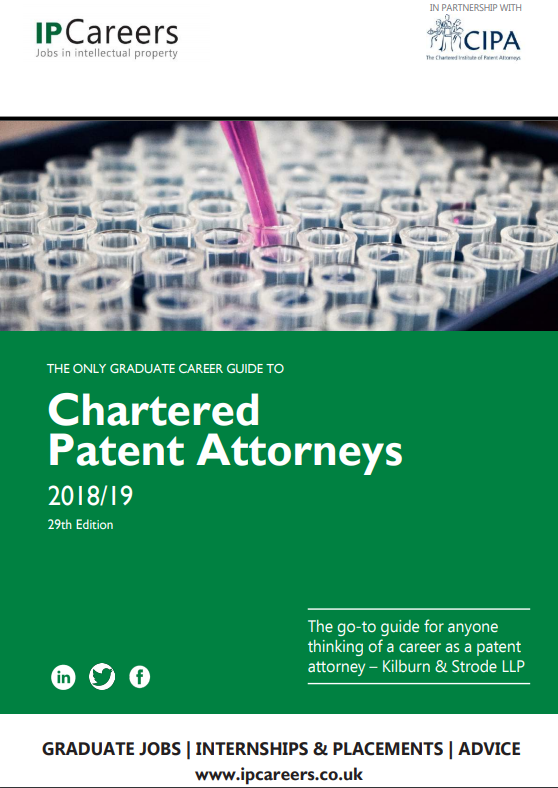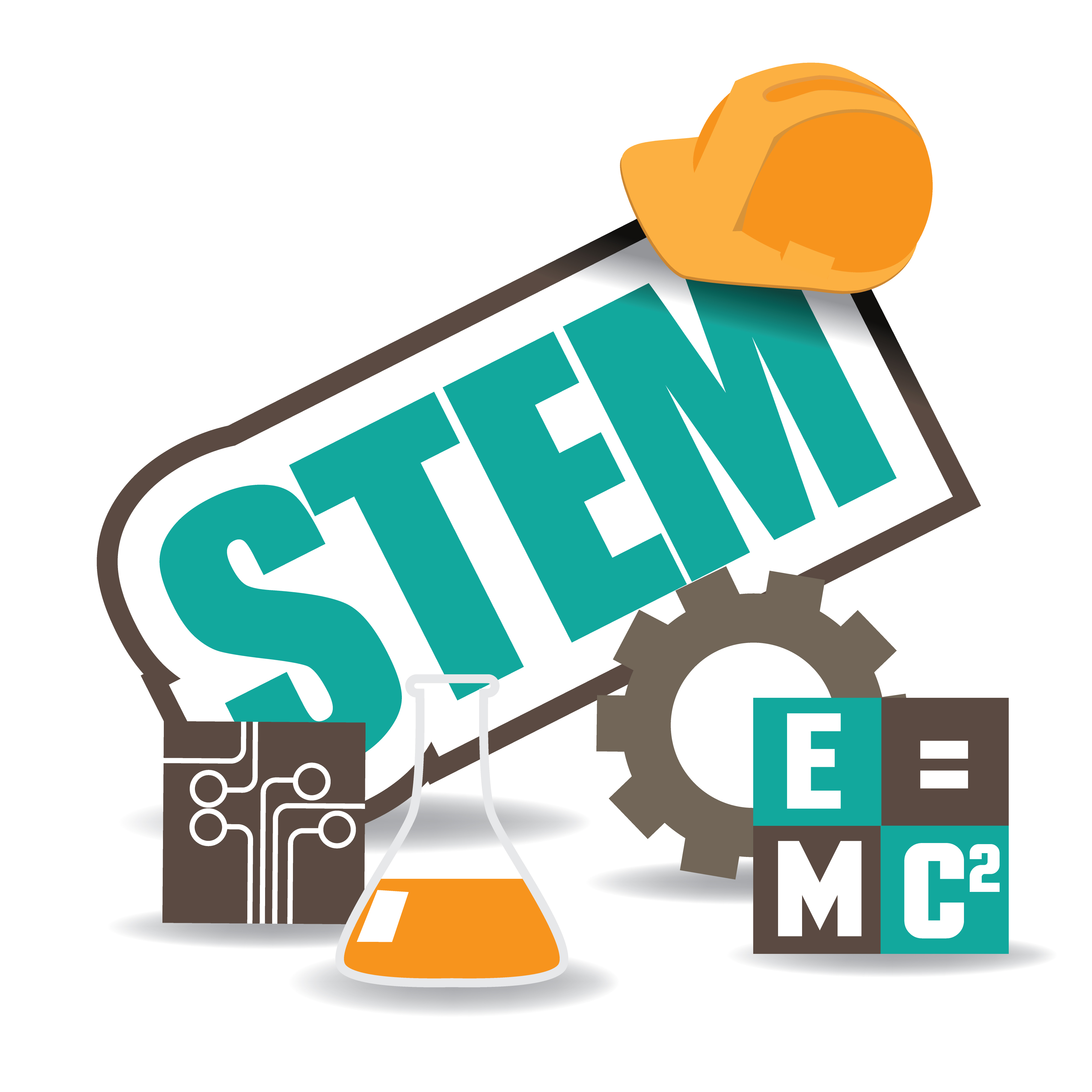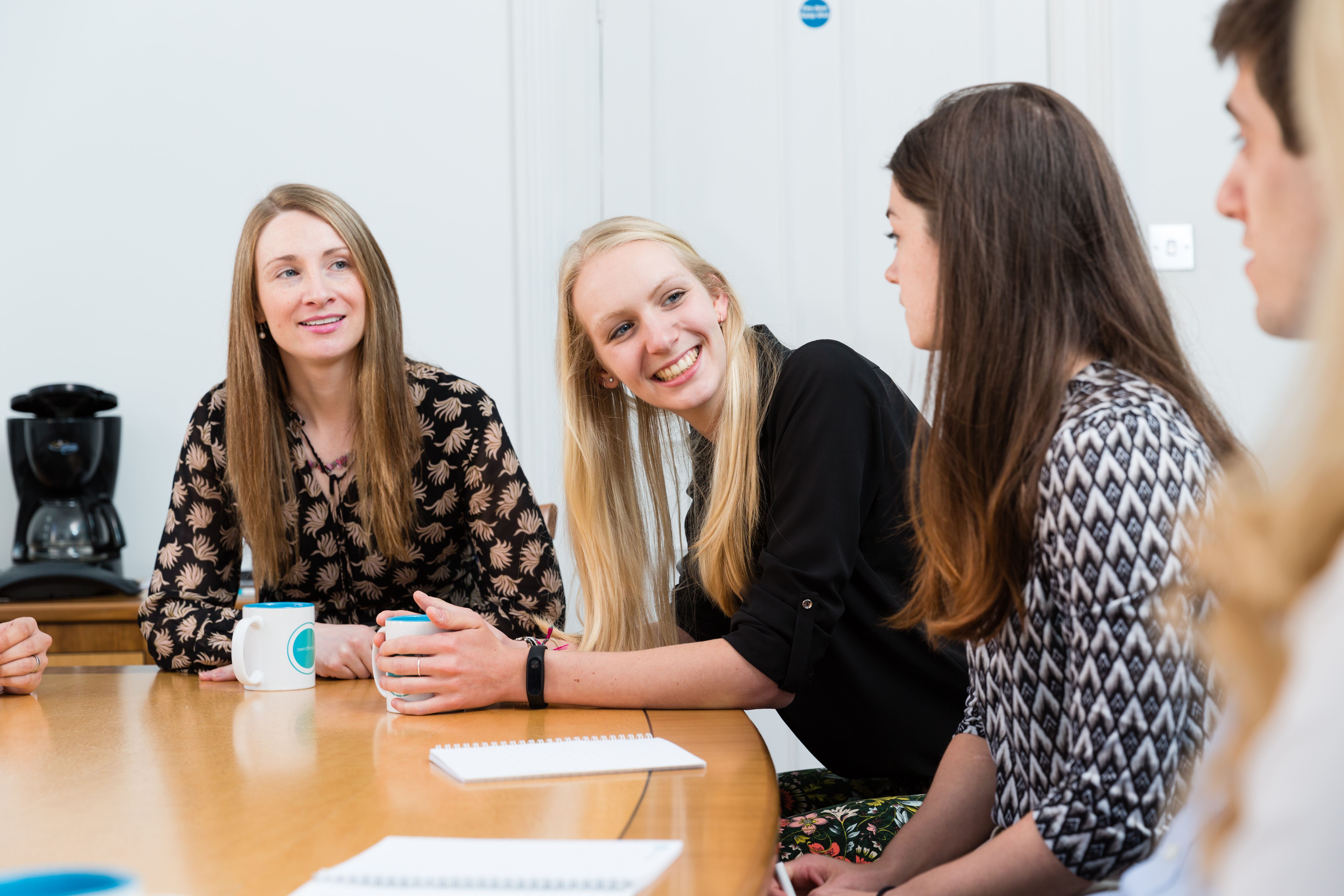From IP Examiner to IP Attorney
Starting the journey in the IP profession on the attorney “side of the fence” biased me towards a stereotypical view of the patent examiner job - a civil service work with minimum stress and less interesting and energetic day-to-day tasks. The actual jump on the other side dispelled many myths revolving about this profession and also helped me to understand that attorneys and examiners actually work toward the same goal. The Intellectual Property Office in Newport where I was based conducts a thorough, several-week-long training sessions to prepare future examiners, many of them being university grads, with the responsibility of, as one senior examiner had put it, “granting (or not) 20 year-monopolies”.
How has being an IP Examiner helped me in my training?
The well-crafted training period during the first months of starting included lectures and workshops which gave me a solid foundation to the job of the examiner. Patent law, searching and examining skills, use of searching software as well as internal proprietary tools are some of the topics covered. Following this training, junior examiners are placed in their target teams based on their background expertise. Because of my degree and experience in telecoms, I joined the Telecoms team where we worked on patent applications related to wireless communication and transmission. At the end of the training period, patent examiners start to work on real cases under supervision of their revising officer who is typically a senior examiner. This experience helped me to understand what is it like to put on “an examiner’s hat” and what a “patentable” application means to an examiner. As an attorney now, I try to picture what I would have said about an application from an examiners viewpoint. This sometimes helps me to avoid many issues or objections at the very outset. As the examiners and attorneys are often in contact via telephone or e-mail, it is also easier for me to discuss certain matters with an examiner as I know their way of working.
What did I like the most about being an IP examiner?
The Intellectual Property Office and examining department are focused on delivering excellent service to their customers. This is proven in reality – the culture of work and organisation resembles that of well-functioning corporation – there are key performance indicators in place and processes are carefully fine-tuned and closely looked at to make sure that high efficiency and quality is maintained. Having worked previously as an attorney and moving to become an examiner, I missed direct contact with clients and different aspects of attorney job like commercial and business advice. The IPO however is a big organisation and there are many opportunities to be involved apart from just examining, like policy or informatics, for example.
What do you like the most about training and working towards qualifying as an attorney?
I like the involvement with the clients on may levels which means not just direct client contact and typical patent advice, but also exposure to commercial aspects as to how IP can help clients with their business. There is also an international aspect which includes managing, sometimes considerable, patent portfolios spanning across many countries. There is a great variety of work to which trainee attorneys are exposed – one day you may be concentrating at your own desk on a how to best describe an invention in a new patent specification, and the other day you may be on a plane to Munich with your supervising attorney on your way to a hearing at the European Patent Office to defend your client’s case.




